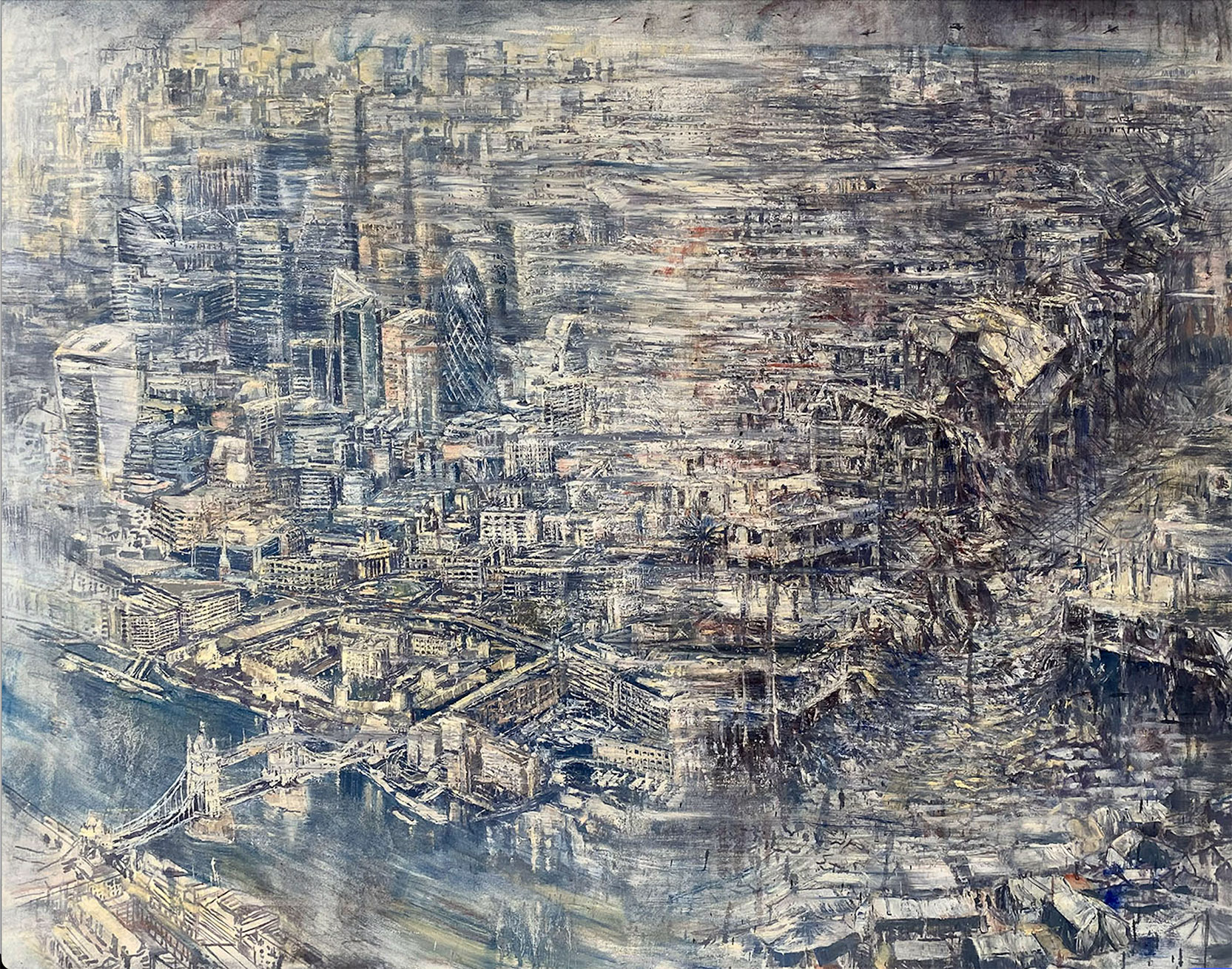
In a world where justice and law reliably fail us, it might be literature that holds the better...
13 FEBRUARY 2026 • By Amal Ghandour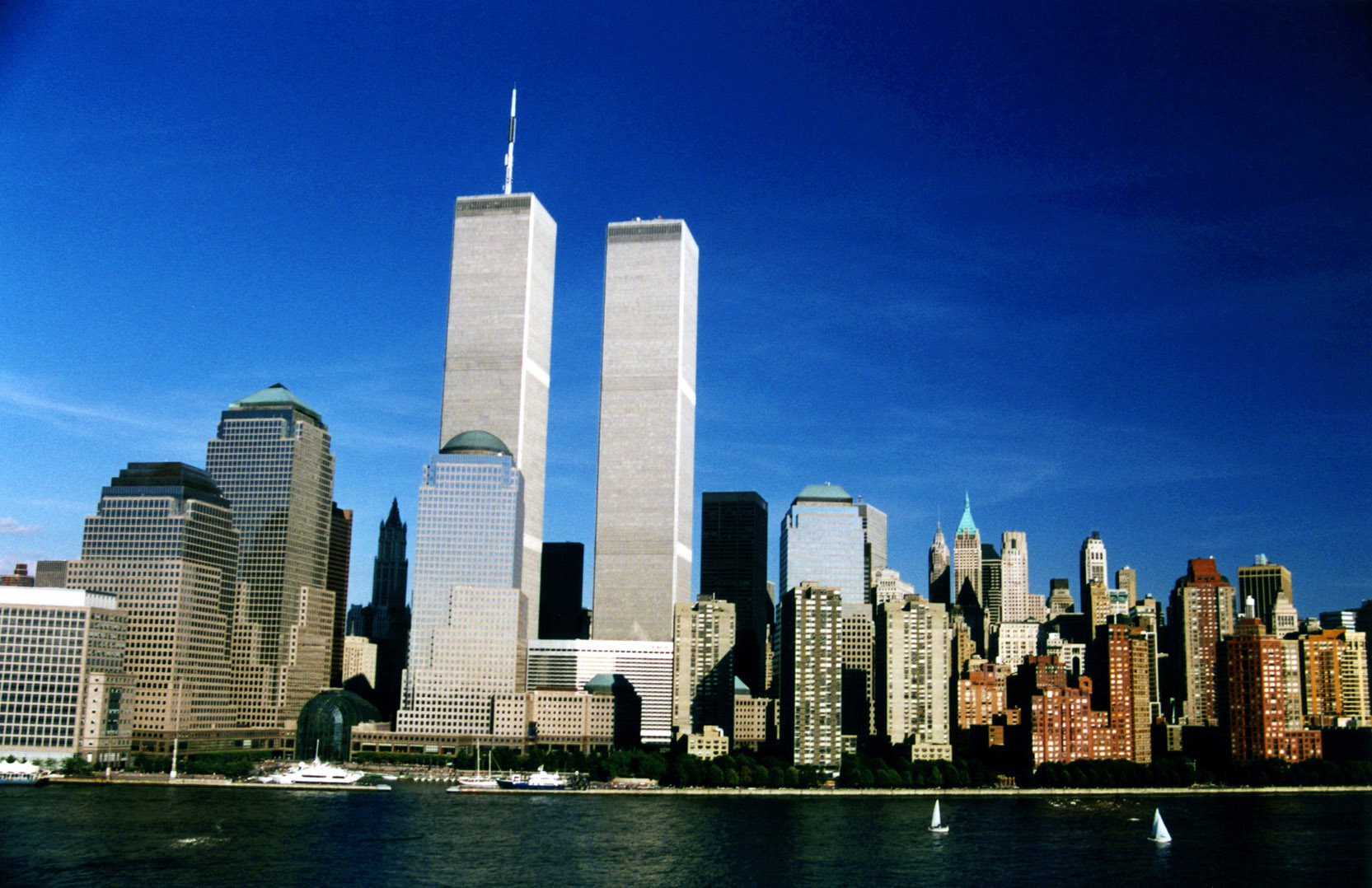
Author Ammiel Alcalay defies categorization in his latest book (in fact four), producing a work that is both...
16 JANUARY 2026 • By Lina Mounzer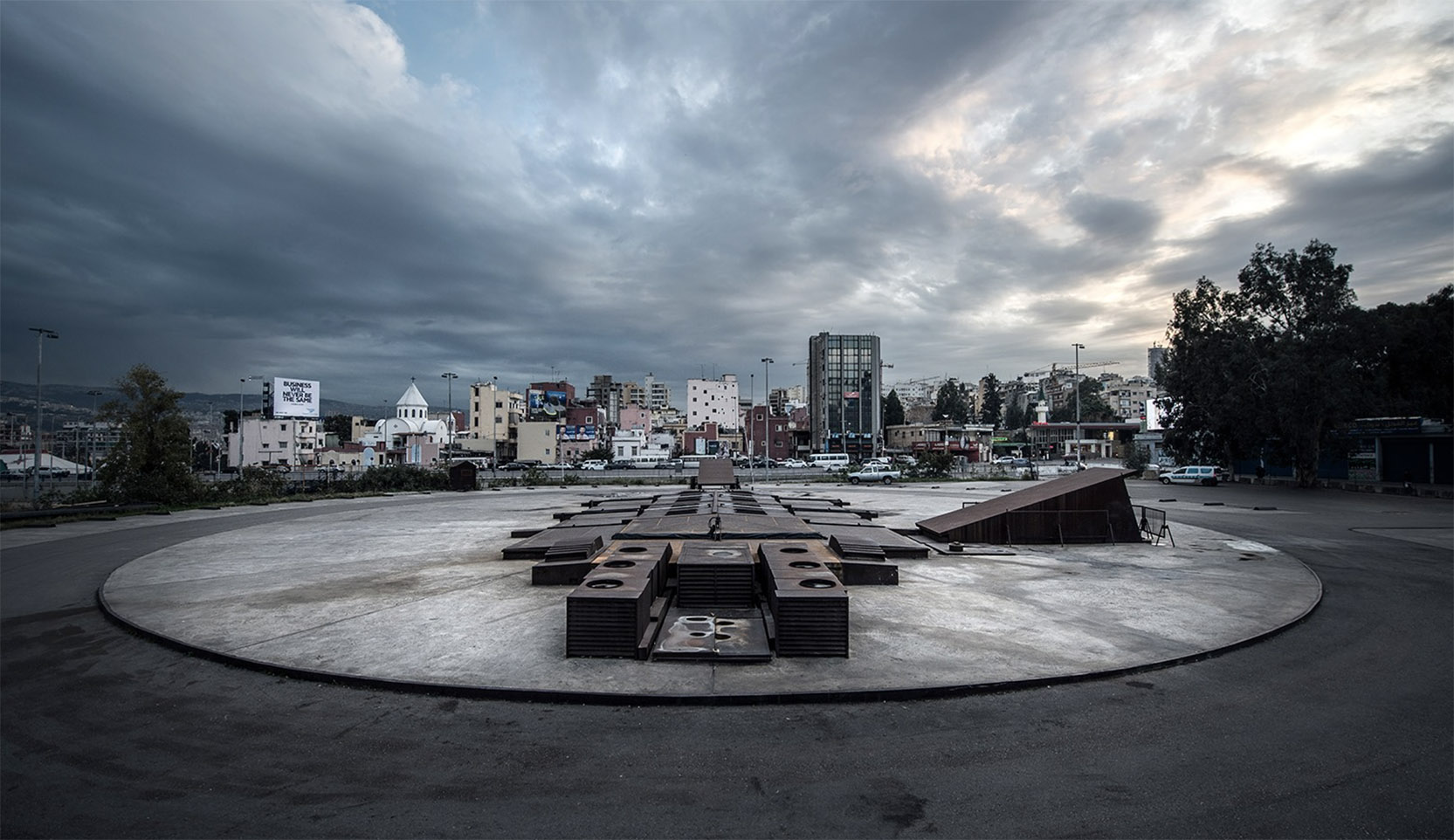
Provoking the Territory subverts readers' expectations as it reveals how an architect was shaped by Beirut.
9 JANUARY 2026 • By Bridget Peak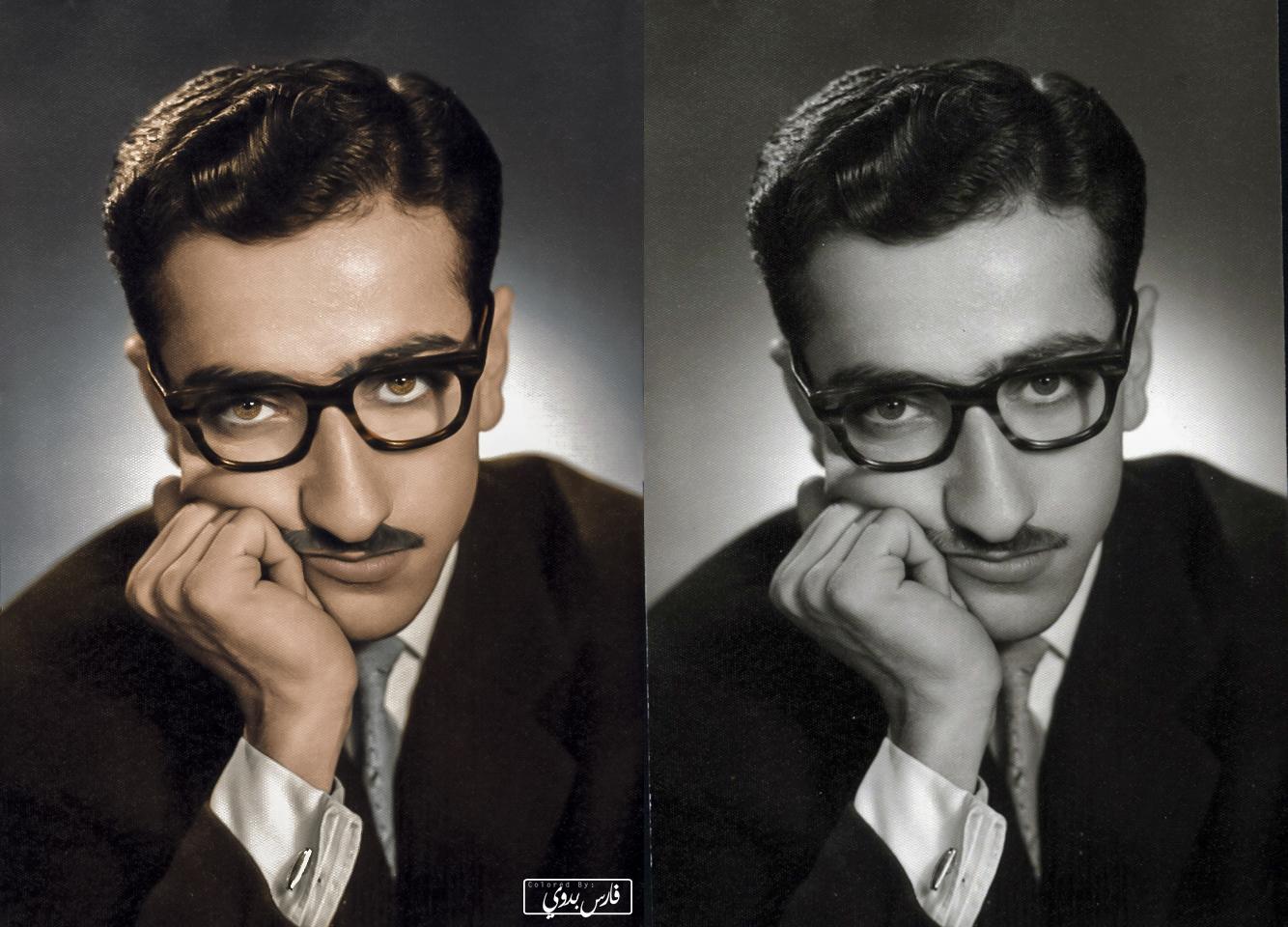
In two recent developments, Amal Ghandour sees a comical comeuppance and hints of change on the political horizon.
2 JANUARY 2026 • By Amal Ghandour
Amal Ghandour reflects on a 2025 rich with tragedy, disappointment, and political smoke and mirrors.
19 DECEMBER 2025 • By Amal Ghandour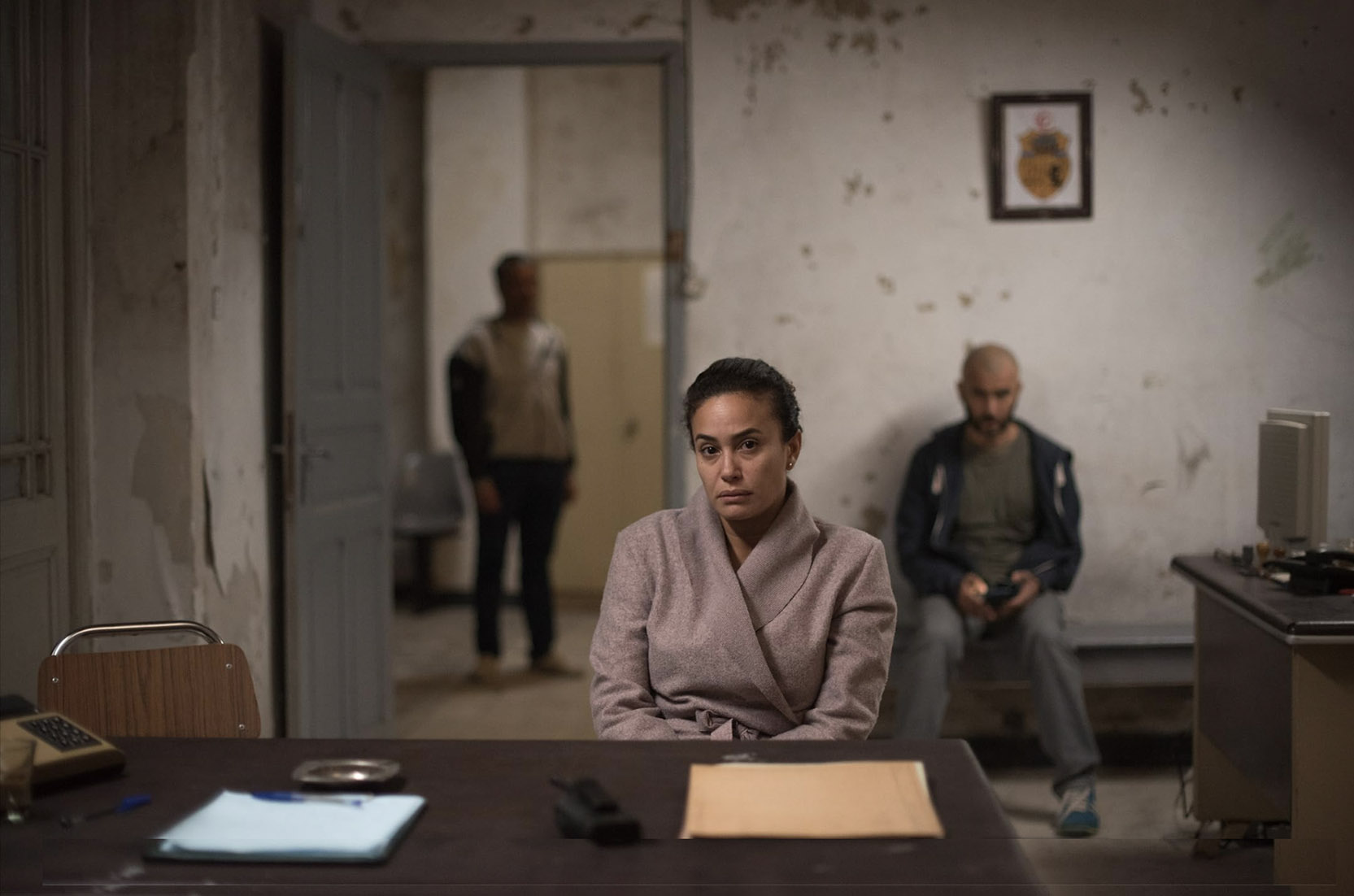
From classic noir to chilling psychological thriller, these ten films encapsulate the cinematographic experience of NOIR.
5 DECEMBER 2025 • By TMR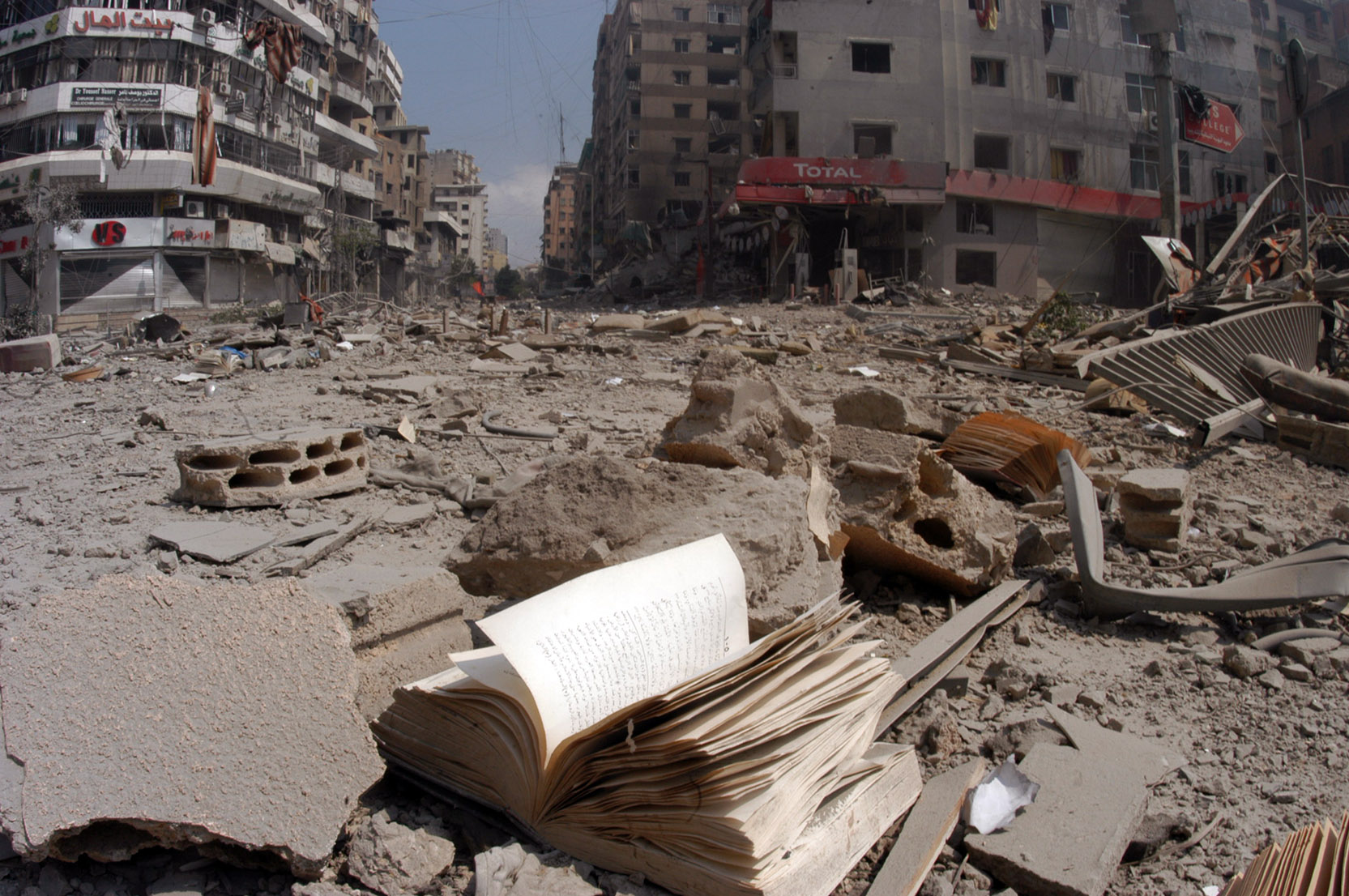
In her biweekly column, Amal Ghandour calls out the failures of the Lebanese state and its complacent citizens.
21 NOVEMBER 2025 • By Amal Ghandour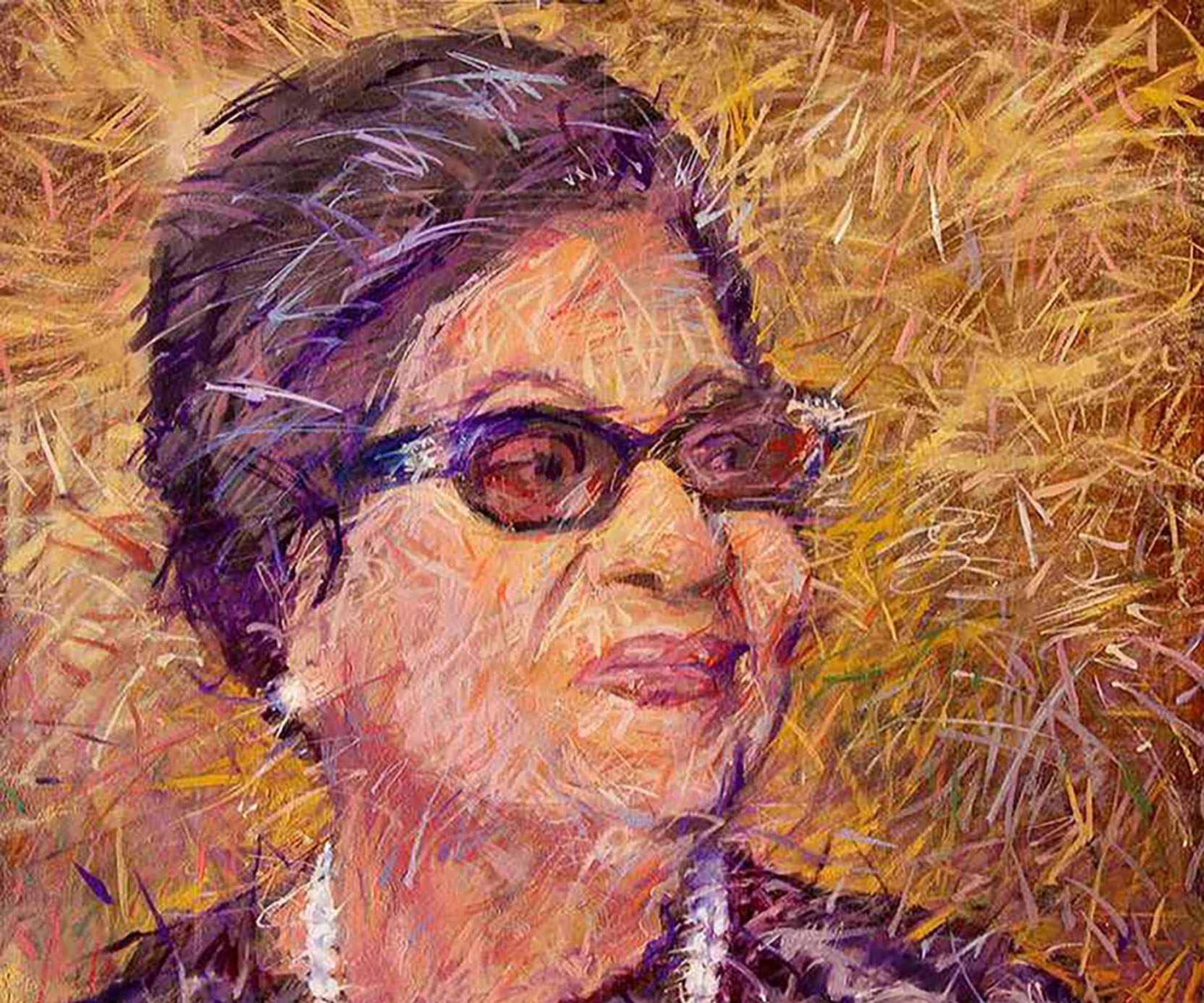
Thinking about icons past and present, Amal Ghandour remembers Egypt's "Star of the East" on the 50th anniversary...
7 NOVEMBER 2025 • By Amal Ghandour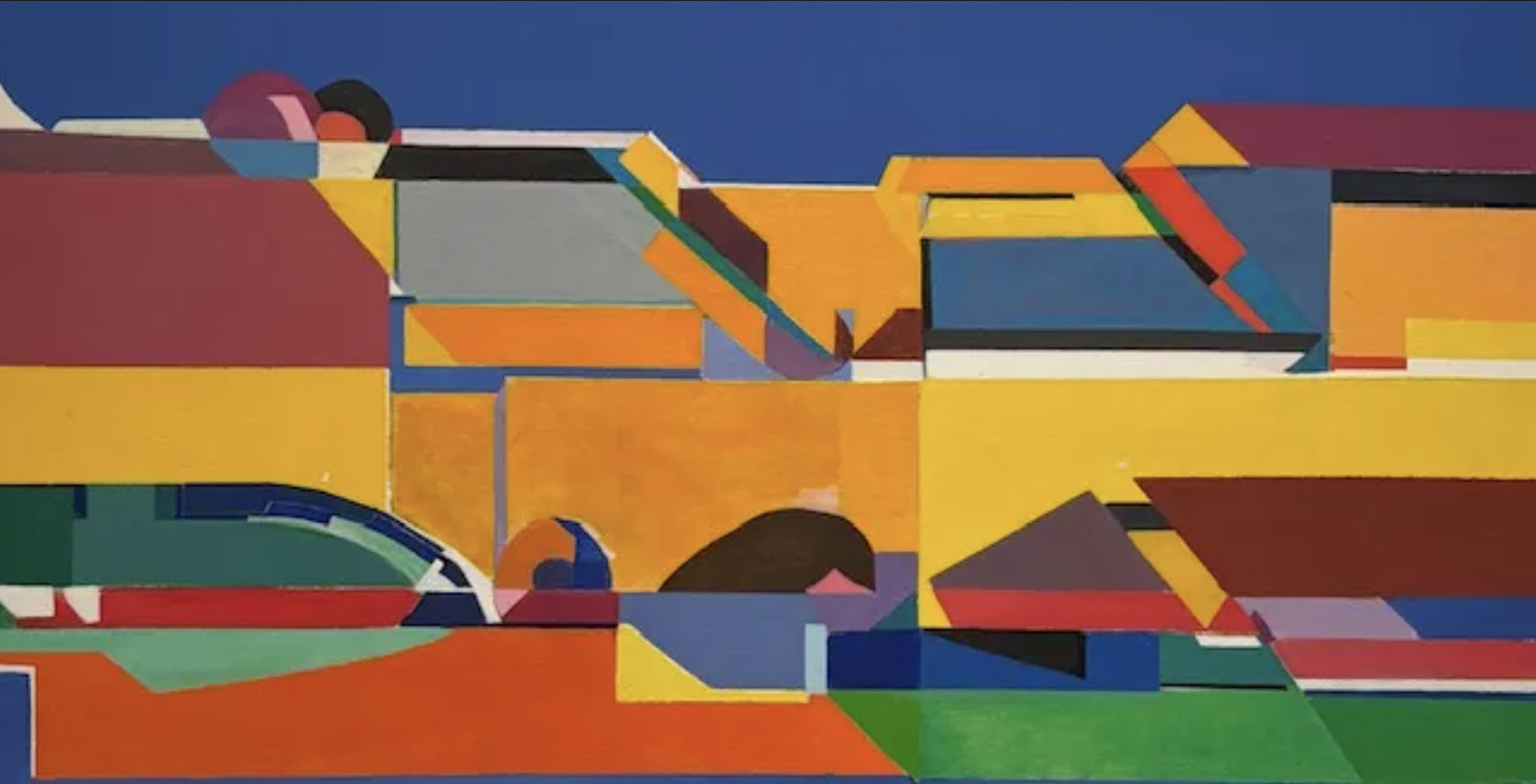
A lonely Lebanese writer welcomes a poor woman into his home, unwittingly realizing that it is she who...
7 NOVEMBER 2025 • By MK Harb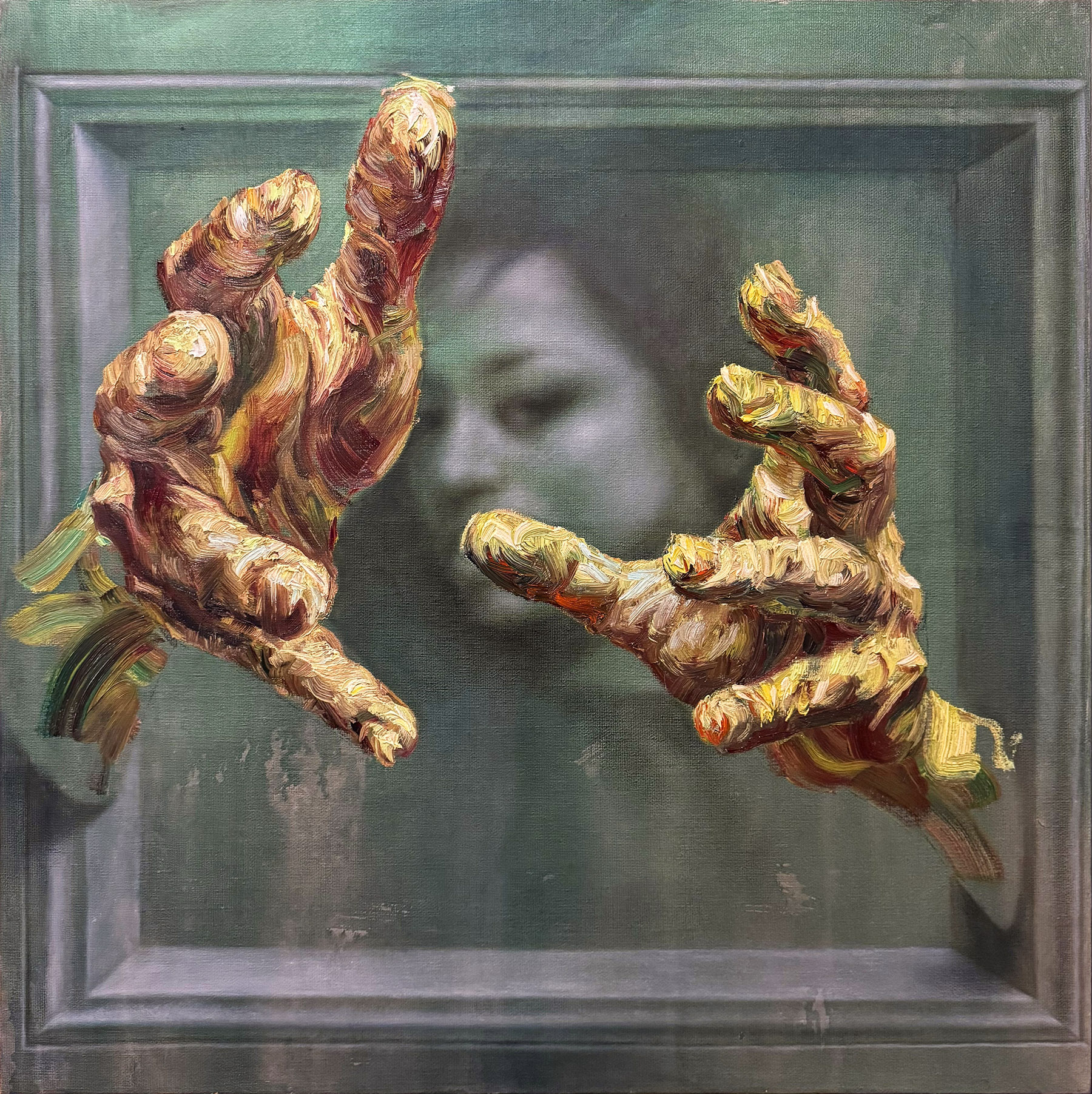
Maysaa Alajjan on a homeland that never accepted her, and another that she never knew.
7 NOVEMBER 2025 • By Maysaa AlajjanForbidden or taboo love? In a world where we live free, how could such stymied conventions continue to...
24 OCTOBER 2025 • By Lina Mounzer
Join Jordan Elgrably, Editor-in-Chief of The Markaz Review and Senior Editor Lina Mounzer for readings from TMR's newest...
19 SEPTEMBER 2025 • By Biswajit Sengupta